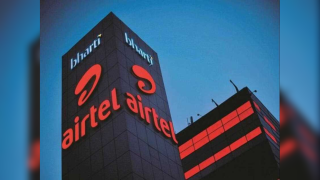Safaricom Ethiopia started services two weeks ago in one city and the company plans to roll them out across 25 cities between now and April 2023.
The World Bank money comes from its International Finance Corporation (IFC) arm, which specialises in private-sector finance.
IFC will take a 15.5% stake in the company, diluting the holding of existing shareholders to 84.5%.
Following the IFC stake, Safaricom Kenya will hold 47.1%, Sumitomo will have almost 23%, the UK government’s British International Investment (BII, formerly CDC) will have 9.2%, and South African group Vodacom will have 5.2%.
Both Safaricom Kenya and Vodacom are part of the UK-based Vodafone group.
The percentages ae approximate, as IFC has not yet confirmed its precise stake. One report says that the shareholding will be 15.46%.
IFC is not a newcomer to the Ethiopian operator. In July Safaricom Kenya said it had paid IFC $4 million for its help in entering the new market.
According to reports from Nairobi, where Safaricom Kenya is based, IFC is expected to provide debt financing to the venture, with an amount still under discussion.
IFC said it will support Safaricom Ethiopia’s nationwide roll-out and achieve its targets for population and geographical coverage.
These are being hampered by an upsurge in the civil war in the Tigray region in northern Ethiopia. The US government’s International Development Finance Corporation last year paused a planned $500 million investment in the consortium because of the war.






